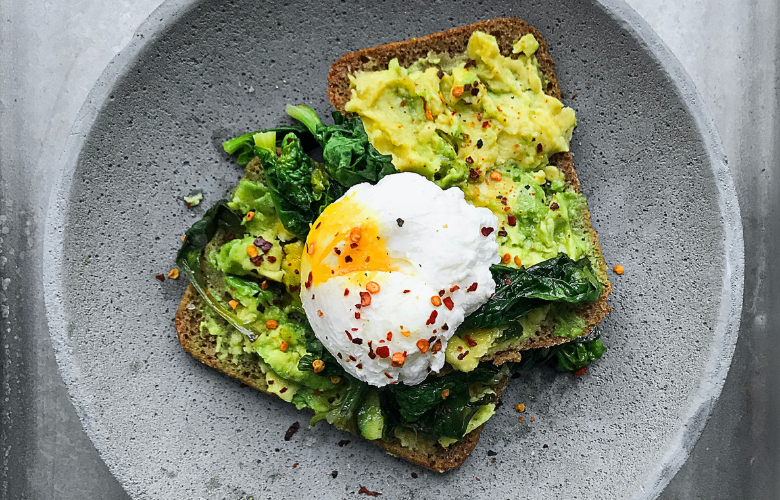Heart Health: Know Your Fats
February 24, 2022

Knowing your blood cholesterol levels is the first step to understanding your heart health. Have your doctor check your blood cholesterol levels regularly.
Understand what the numbers mean
A lipoprotein profile breaks down cholesterol into different categories: total cholesterol, LDL cholesterol, HDL cholesterol and triglycerides, which are blood fats.
Total blood cholesterol levels
- Less than 200 mg/dL = Desirable
- 200-239 mg/dL = Borderline high
- 240 mg/dL and above = High blood cholesterol
HDL (good) cholesterol level: A higher number is desirable because this cholesterol lowers your risk for heart attack and stroke.
- Less than 40 mg/dL for men = Low HDL (more risk for heart attack and stroke)
- Less than 50 mg/dL for women = Low HDL (more risk for heart attack and stroke)
- 40-59 mg/dL = Less risk
- 60 mg/dL and above = Optimal level (lowest risk)
LDL (bad) cholesterol level: LDL carries harmful cholesterol throughout your blood stream, and higher levels increase the risk for heart disease and stroke.
- Less than 70 mg/dL = Optimal for individuals with high risk of a heart attack
- Less than 100 mg/dL = Optimal for individuals with diabetes or heart disease
- 100-139 mg/dL = Near or above optimal
- 130-159 mg/dL = Borderline high
- 160-189 mg/dL = High
- Above 190 mg/dL = Very High
Triglyceride level: Higher triglyceride levels increase your risk for heart disease and stroke.
- Less than 150 mg/dL = Normal
- 150-199 mg/dL = Borderline high
- 200-499 mg/dL = High
- 500 mg/dL and above = Very high
Cholesterol Maintenance
What can you do to maintain or lower your blood cholesterol? The oils we use in preparing food contributes to what determines our blood cholesterol levels. The heart healthy fats include mono-unsaturated fatty acids, poly-unsaturated fatty acids and omega-3 fatty acids.
Mono-Unsaturated Fatty Acids
- Olive ol
- Canola oil
- Peanut oil
- Avocado
- Nuts and seeds
Poly-Unsaturated Fatty Acids
- Safflower oil
- Sunflower oil
- Corn oil
- Sesame oil
- Soft (tub) margarine
- Nuts and seeds
Omega-3 Fatty Acids
- Flaxseed oil
- Flaxseeds
- Walnuts
- Fish (tuna, salmon, mackerel, sardines, herring)
The cholesterol-raising fats include saturated fatty acids, trans fats and dietary cholesterol.
Saturated Fatty Acids
- Tropical oils (coconut, palm, palm kernel)
- Animal products (meat, poultry, seafood, eggs, full-fat or reduced fat dairy products, lard, butter)
Trans Fats
- Stick margarine and shortening
- Hydrogenated vegetable oils
- Commercial baked goods
- Fried foods
Dietary Cholesterol
- Animal products (meat, poultry, seafood, eggs, full-fat or reduced fat dairy products, lard and butter)
Are you concerned about your heart? Find a provider by calling 855.769.DOCS or by clicking here. Or, take our heart health assessment.
References:
1. American Heart Association
